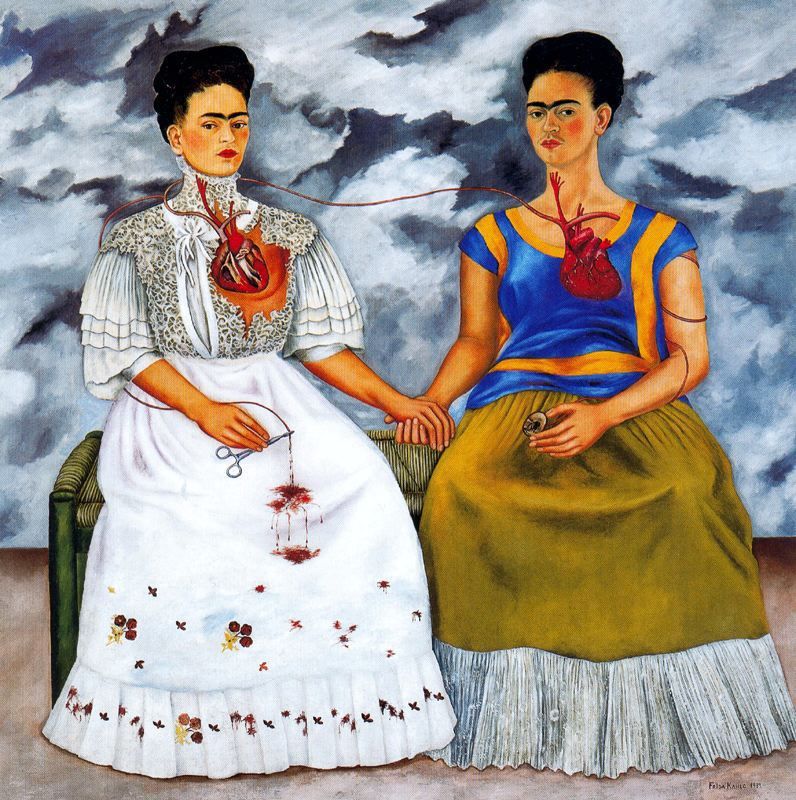I was asked to write a book about stories behind poetry of North American women poets by China Foreign Press in 2007. Since I loved poems by Sylvia Plath and Emily Dickinson, so I did some research for that kind of topic. However I worked in IT field for full time and had a family to raise, I found it was very hard to commit myself to the task. So I declined. Today I thought about the topic again because indeed stories behind poetry were very enchanting. Here I want to share several stories of my own.
First, I will tell a story about the poem related to Facebook. I joined Facebook long time ago, but seldom used it. After one invitation following another, I was a little frustrated: Do I know him? Do I know her? The worst thing was that you only had the correct answer when you clicked To Confirm Friends. And it turned out the result was not what you thought. One day, I chatted with my friends and complained, they suggested, why not write a poem? Sure. Here it is.
online: i found true love!
yet, the other day when i sat
in a beauty salon, the song
love at a grocery store
stirred up mocking sighs—
smart, at least, find a cook.
and i added,
in a bar, a loser.
uploading my photo, i wonder
what they know of me.
but who cares?
facebook claims its magic—
among an ocean of faces,
all we need is a click.
one could imagine
a door ajar
in a waiting room.

The interesting part is that the dialogue in the poem was from one incident when I shopped at Jones New York. At that time, the song “love at a grocery store” was aired, one staff member smiled,
“How smart to find a lover in grocery store, at least he likes cooking.”
Another staff member commented, “True, never find a lover at a bar; he may turn out to be a loser.”
In the poem, I change the setting to be a Beauty Salon, to give a hint that photos uploaded to Facebook may not be the real side of one. Thus the whole poem could be connected together in its meaning.
The last verse of the poem was inspired by my friend who asked me, “why do you keep writing?”
I thought for a while and left a message, saying, “I guess I am waiting…”. He commented, “ah, in a waiting room.”
I end the poem like that to give some room for imagination. As we never know the result from a relationship connected by Facebook.
At Poetry Alive workshop, I selected this poem and the story to show how poetry and our life can be connected together. At the presentation, first I give a blank page to ask the audience think about facebook and online love. Then we discuss and talk about the poem. In the end, I like to wrap the poem with the image: A door ajar like the above. I believe all of us do hope life is full of adventures, of course, the good ones!


